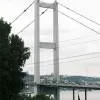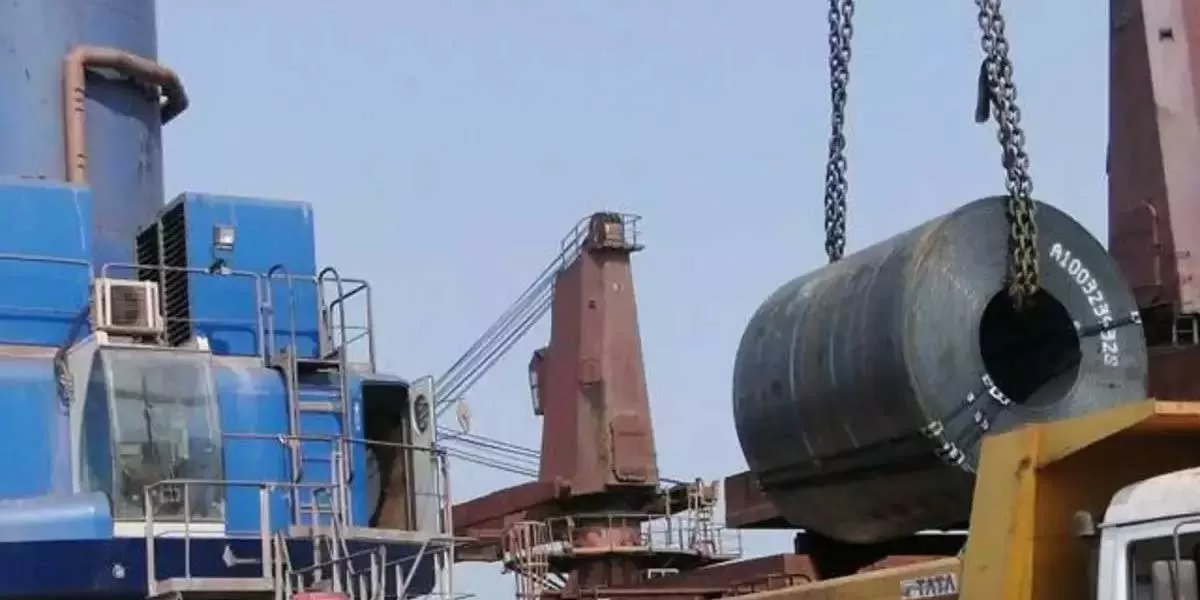
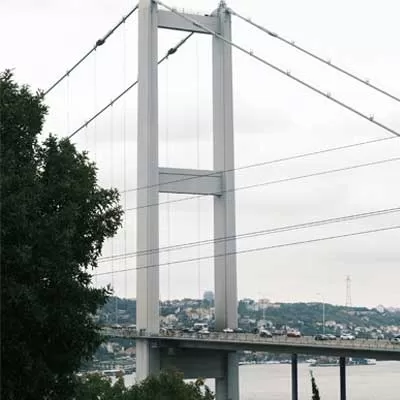
PM Launches Kochi Water Metro
Prime Minister Narendra Modi inaugurated the Kochi Water Metro, India’s first-of-its-kind water-based public transport system, aimed at transforming urban mobility in Kerala. The project is designed to provide eco-friendly and efficient transport across the backwaters, especially benefiting island communities near Kochi.The Water Metro network will connect 10 islands with the mainland through 78 battery-operated electric boats and 38 modern terminals. It is expected to serve over 1 lakh residents, offering faster, greener, and more reliable daily commutes. By integrating with existing metro ..
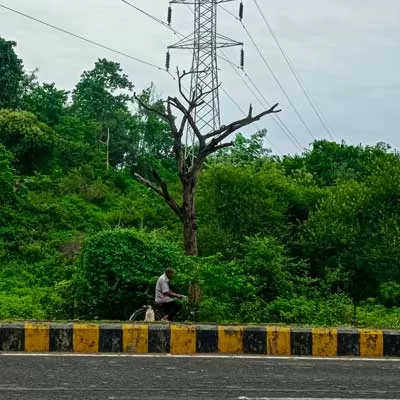
PM Inaugurates Key Projects in Odisha and Telengana
Prime Minister Narendra Modi virtually inaugurated and laid the foundation stones for several major development projects across Odisha and Telangana, with a focus on power generation, infrastructure, and agriculture.In Odisha, he dedicated the NTPC Darlipali Super Thermal Power Station Stage-I (2x800 MW) and the NTPC Talcher Thermal Power Project Stage-III (2x660 MW). These projects will significantly boost power availability and support India's energy security goals.PM Modi also inaugurated railway projects worth over Rs 21.45 billion in Odisha, aimed at enhancing connectivity and easing logi..
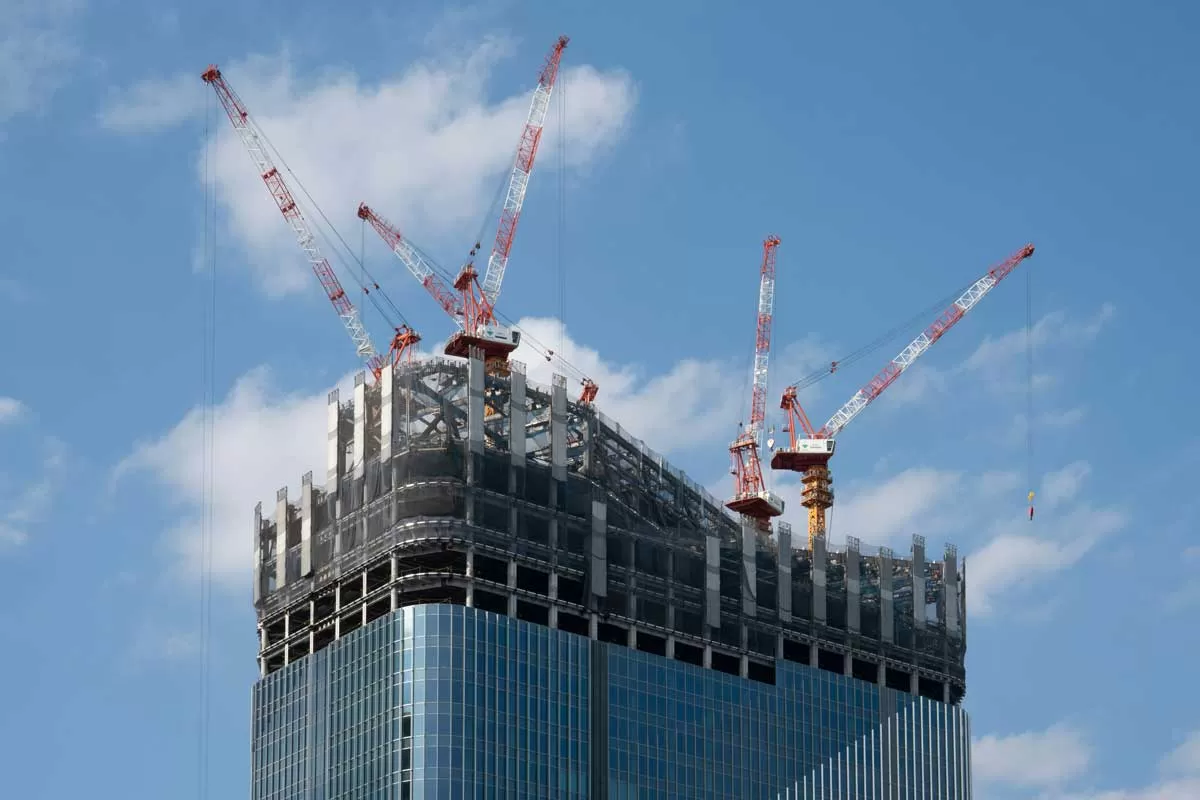
PM Launches Projects In Assam
Prime Minister Narendra Modi inaugurated and laid the foundation stones for several vital development projects in Assam, marking a major push for infrastructure, health, and connectivity in North East India.A key highlight was the inauguration of AIIMS Guwahati, a state-of-the-art healthcare institution under the Pradhan Mantri Swasthya Suraksha Yojana, aimed at boosting tertiary healthcare access in the region. He also inaugurated a 545 km natural gas pipeline from Barauni to Guwahati, part of the North East Gas Grid, ensuring sustainable energy delivery.Railway projects worth Rs 150 billion ..




